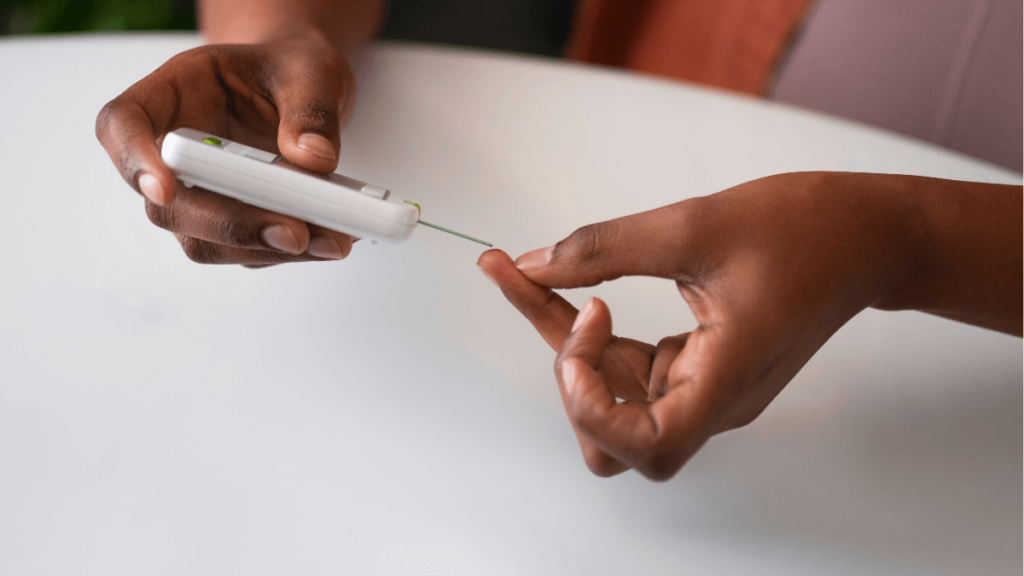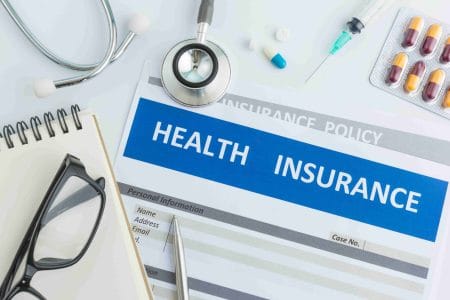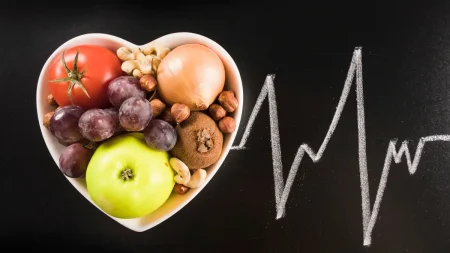Diabetes is a growing health concern worldwide, including here in South Africa. It affects how your body handles sugar (glucose), which is an important source of energy. Early detection is key to managing diabetes and preventing serious health problems later on. Knowing the early signs and where to get tested for free can help you take control of your health.
What is Diabetes?
It happens when your body cannot properly use or make enough insulin, a hormone that helps sugar move from your blood into your cells for energy. There are two main types:
Type 1 Diabetes: Usually develops quickly, often in children or young adults. The body stops making insulin.
Type 2 Diabetes: Develops slowly over time and is more common in adults. The body doesn’t use insulin properly.
Early Signs of Diabetes
Recognizing diabetes early can save your life. Both types have similar warning signs, though type 1 symptoms come on faster, while type 2 signs develop slowly and can be easy to miss.
Here are common early symptoms you should watch for:
Frequent urination: You may notice you need to pee more often than usual, including waking up at night.
Excessive thirst and dry mouth: Because you lose a lot of fluid through urine, you might feel very thirsty and have a dry mouth.
Increased hunger: Your body’s cells can’t use glucose properly, so you may feel hungry more often.
Fatigue and tiredness: Without energy from glucose, you’ll feel more tired than usual.
Unintentional weight loss: This is especially common in type 1 diabetes, where your body breaks down fat and muscle for energy.
Blurred vision: High blood sugar can cause fluid changes in the eyes, making your vision blurry.
Dry, itchy skin: High sugar levels can cause skin problems.
Slow-healing wounds and infections: Diabetes makes it harder for your body to heal wounds and fight infections, including yeast infections.
Numbness or tingling in hands and feet: Early nerve damage, or neuropathy, can cause these sensations.
Mood changes in children: In type 1 diabetes, kids may become cranky or act differently quickly.
If you notice any of these symptoms, it’s important to get checked as soon as possible.
Why Early Testing Matters
Without treatment, high blood sugar levels can damage your body over time. This can lead to serious problems like:
Nerve damage (neuropathy)
Heart disease and stroke
Kidney problems
Vision loss
Foot ulcers and infections, sometimes leading to amputation
The good news is that early diagnosis and treatment can prevent or delay these complications.
Where to Get Tested for Diabetes for Free in South Africa
You don’t have to pay to find out if you have diabetes. There are many places where you can get tested for free or at a low cost:
Local clinics and community health centres: These public health facilities often offer free diabetes screening, especially for those at higher risk. This includes people over 45, those who are overweight, or those with a family history of diabetes.
Pharmacies: Many pharmacies provide simple finger-prick blood glucose tests. Some of these are free, while others are available for a small fee.
Public health campaigns and events: Diabetes organisations and health departments sometimes hold free screening events in communities.
Primary healthcare providers: Your local clinic or healthcare worker can guide you to testing services and may offer tests like the A1C or fasting plasma glucose test.
Common Diabetes Tests
Fasting Plasma Glucose Test: Measures your blood sugar after you have not eaten for at least 8 hours.
A1C Test: Gives an average of your blood sugar levels over the past 2-3 months.
Random Blood Sugar Test: Measures your blood sugar at any time without fasting.
How to Prepare for a Test
For fasting tests, avoid eating or drinking anything except water for 8-12 hours before your appointment.
Bring any medical history or family history information with you.
Tell the health worker about any symptoms you have noticed.
What to Do After Testing
If your test shows high blood sugar, don’t panic. Your healthcare provider will guide you on the next steps, which may include lifestyle changes, medication, or more tests.
If your test is normal but you have risk factors, keep a healthy lifestyle and get retested as advised.
Take Action Now
If you or someone you know is experiencing any of the early signs of diabetes, don’t wait. Visit your nearest clinic or pharmacy to get tested. Early diagnosis means better control and a healthier life.
Remember:
Diabetes is manageable with the right care.
Testing is quick, painless, and often free.
Knowing your status helps protect your health.
Check also: Affordable & Effective Flu Remedies to Try This Season
Diabetes is a serious condition that can affect anyone, but catching it early makes all the difference. By knowing the early signs—like frequent urination, excessive thirst, and fatigue—you can take the first step toward protecting your health. Remember, free and low-cost diabetes testing is available at local clinics, pharmacies, and community health events across South Africa. Don’t wait for symptoms to get worse—get tested early, so you can manage diabetes effectively and live a healthier, happier life. Taking action today can prevent complications tomorrow.










